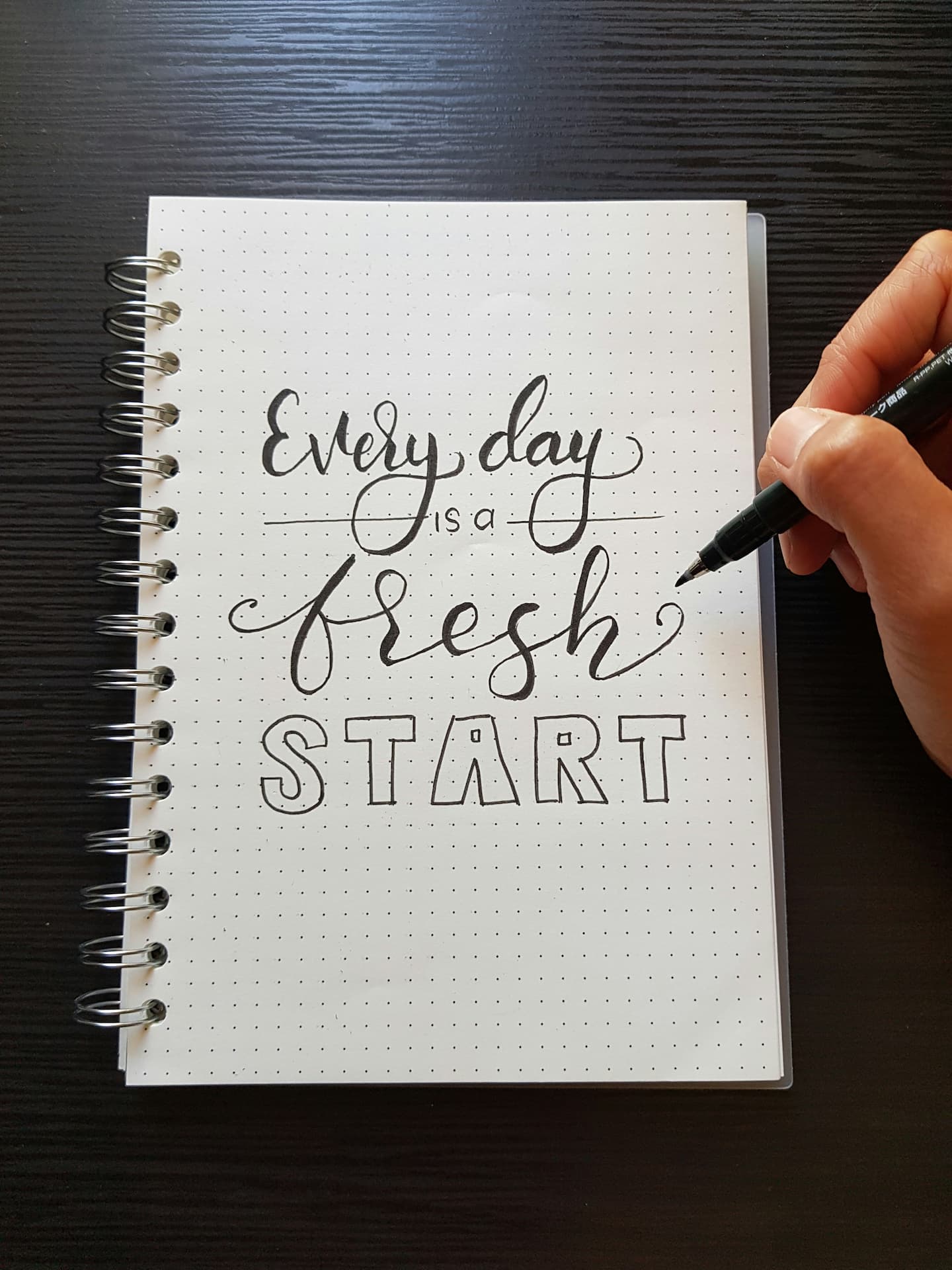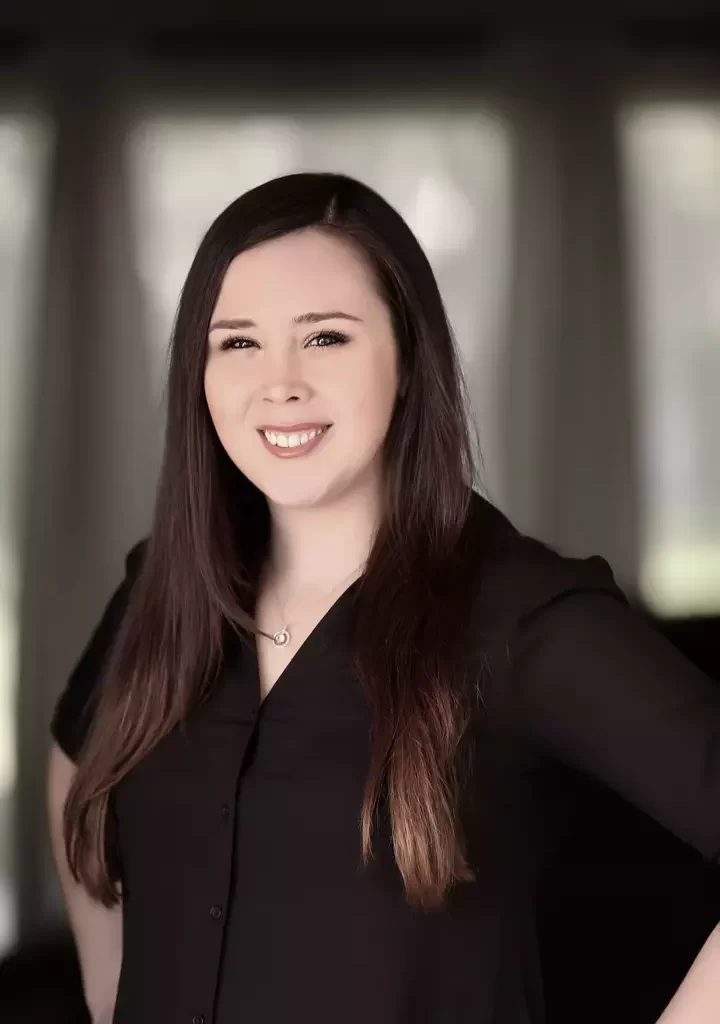Palm Beach Therapy Center - Boca Raton, FL Emotional vs. Physical Connection Many couples come into therapy saying the same thing, just in different wor ...
Anxiety Therapy

Worrying is normal, but it shouldn’t control your life.
Almost everyone feels stressed sometimes. But is it really just stress, or is it anxiety?
- Do you feel like your brain almost never shuts off?
- Do you worry constantly about things that are out of your control?
- Are you always dreading the worst-case scenario?
- Do these worries prevent you from enjoying your life?
If you answered “yes” to these questions, then you may be living with an anxiety disorder.
Anxiety is the most common mental health condition in the world, affecting around 300 million people globally. If you think you may be facing an anxiety disorder, then our anxiety therapy services in Boca Raton can help.
What is anxiety?
Anxiety is a common mental health condition characterized by persistent feelings of worry, fear, or apprehension that are disproportionate to the perceived threat.
It can manifest as physical symptoms such as:
- rapid heartbeat
- sweating
- trembling
- difficulty breathing
as well as cognitive and emotional symptoms such as:
- racing thoughts
- irritability
- difficulty concentrating
- excessive worries
There are many different types of anxiety disorders, including generalized anxiety disorder (GAD), panic disorder, social anxiety disorder (social phobia), specific phobias, and others. These disorders can significantly impact daily functioning, relationships, and overall quality of life.
If you live with anxiety, it’s easy to start feeling like nothing will ever help you feel better. You might spend a lot of your time feeling fearful, and your worries likely feel out of control. You may not be able to control your anxiety now, but by working with a professional with a strong background in anxiety therapy treatment, you can learn how to manage these symptoms and get your life back.
Factors contributing to anxiety
Several factors contribute to the development of anxiety disorders. These include:
- genetic predisposition
- imbalances in brain chemistry
- traumatic life events, chronic stress
- certain personality traits like perfectionism
While some people may have a genetic vulnerability to anxiety, environmental factors, and life experiences can also play a significant role in triggering or exacerbating symptoms.
Seeking help for anxiety
If you’re experiencing symptoms of anxiety, it’s essential seek help from qualified mental health professionals through anxiety therapy. With proper treatment and support, you can learn to manage your symptoms and lead a fulfilling life. Evidence-based models have demonstrated significant improvement in many cases of anxiety and welcoming relief.
What type of therapy is best for anxiety?
There are many evidence-based methods that are helpful for those seeking anxiety therapy. If you live with more severe symptoms of anxiety, then we may refer you to get a consultation for psychiatric medication, which can be an effective addition.
Solution-focused brief therapy (SFBT)
If you live with anxiety, you need relief as quickly as possible. Solution-focused brief therapy focuses on helping you solve problems now rather than spending time digging into the past. Sometimes, looking at past traumas and events are necessary to recover from anxiety. But other times, SFBT can help you learn skills to manage anxiety in a shorter period of time.
Cognitive-behavioral therapy (CBT)
CBT is a widely used and highly effective therapeutic approach for treating anxiety disorders. It focuses on identifying and challenging negative thought patterns and behaviors that contribute to anxiety. During CBT sessions, you will learn coping strategies and skills to manage anxiety symptoms more effectively.
Relaxation techniques
Relaxation techniques, such as deep breathing exercises, progressive muscle relaxation, and mindfulness meditation, can help you to reduce stress and lower anxiety symptoms. These techniques work to deescalate your central nervous system and can help you reduce symptoms of anxiety even between sessions.
Eye movement desensitization and reprocessing (EMDR)
EMDR is an innovative treatment method that uses bilateral movements, like eye movements or tapping, to help you heal from mental health concerns and traumatic memories. It’s mostly used for PTSD, but it can be helpful in anxiety treatment as well.
Medication
In some cases, medication may be prescribed to alleviate symptoms of anxiety. Commonly prescribed medications include selective serotonin reuptake inhibitors (SSRIs), serotonin-norepinephrine reuptake inhibitors (SNRIs), benzodiazepines, and others. Medication is often used in conjunction with therapy to provide comprehensive treatment.
Evidence-Based Anxiety Therapy
Discover the evidence-based methods we use at Palm Beach Therapy Center to help you manage anxiety and find peace.
Solution-Focused Brief Therapy
Quick Relief
Cognitive-Behavioral Therapy
Challenge Negative Thoughts
Relaxation Techniques
Reduce Stress
Eye Movement Desensitization and Reprocessing
Trauma Healing
Stress Management
Stay in Control
Medication Referrals
Comprehensive Treatment

Seeking support for anxiety is a brave step. Here’s what you can expect during the process.
Initial assessment
The treatment process for anxiety therapy begins with an initial assessment. During this assessment, we will gather information about your symptoms, medical history, and personal circumstances to develop a tailored treatment plan. We will also focus on building a trusting therapeutic relationship with you and address any concerns you may have about treatment.
Collaborative goal-setting
After the initial assessment, we will develop a treatment plan collaboratively with you. Together, we will establish specific goals and objectives for therapy, and outline the desired outcomes and strategies for achieving them. Goal-setting prevents us from talking “in circles” – we want every therapy session to serve you.
Therapy sessions
Anxiety therapy sessions usually happen once a week (sometimes more frequently, as recommended by the therapist). During these sessions, your therapist will engage you in various therapeutic techniques and exercises to reduce anxiety symptoms and improve overall well-being.
Therapy requires participation and engagement from both the therapist and you, the client. The more you participate and do the work, the more effective treatment will be.
Long-term maintenance
After completing the initial phase of treatment and getting to a place where your anxiety symptoms are well-managed, you may transition to a maintenance phase. In this phase, you may no longer attend regular anxiety therapy sessions, but you will continue to practice coping strategies and skills learned in therapy to prevent relapse and maintain progress over time. You are welcome to return to therapy any time you feel you need to.
Get anxiety therapy in Boca Raton, FL
Are you ready to beat anxiety and live life free from its shackles? Palm Beach Therapy Center in Boca Raton, FL can help. Get started by calling (561) 485-4633 or using our online contact form.
Other FAQs about anxiety therapy
Can a person with anxiety live a normal life?
Anxiety disorders are chronic, but highly treatable, conditions. This means that although there’s not yet a “cure” for anxiety, you can manage the symptoms and live a fulfilling, successful, happy, and “normal” life.
Does anxiety therapy actually work?
Therapy is so effective for anxiety disorders that it’s considered a first-line treatment. Generally, research has shown that anxiety therapy is more helpful for anxiety than medication, although medication can also help for some people.
Can anxiety go away on its own?
Some self-help strategies, like relaxation techniques, can help to reduce some symptoms of anxiety. But generally, most people who live with anxiety disorders require treatment with a licensed mental health professional who specializes in anxiety therapy treatment.
How It Works

Contact Our Office
Contact our office via phone or e-mail to schedule your initial session. We are here to make this process as easy and comfortable as we can for you.
Complete Paperwork
Complete the paperwork provided to you online within 24 hours of scheduling and mark the date on your calendar, we are looking forward to working with you!
Go To Therapy
Attend your initial session and discuss treatment planning with your therapist. Treatment plans may look different for each case. It is typically suggested that sessions take place weekly or biweekly.
Top Articles
Read Better, Live Better
The Year of the Horse and Mental Health
Explore how the Year of the Horse symbolizes emotional freedom motivation and balance and how these themes apply to mental health and personal growth
In-Person Therapy Boca Raton FL Private, Compassionate Counseling for Individuals & Couples
In-Person Therapy Boca Raton FL offers real, face-to-face connection in a digital world. Experience private, compassionate counseling at Palm Beach Therapy Center.





